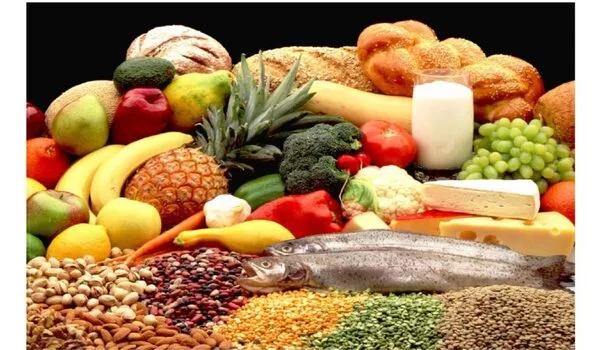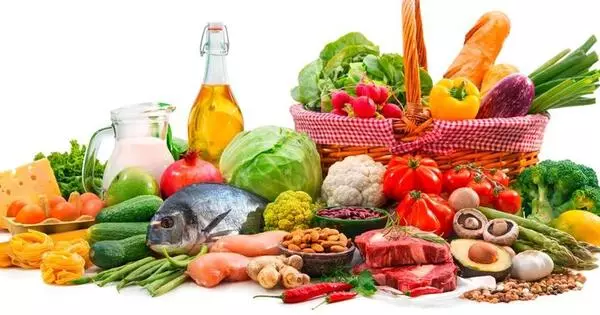Eating a balanced diet means consuming a variety of nutrient-dense foods in the right proportions. This includes a mix of fruits and vegetables, whole grains, lean proteins, and healthy fats. It also involves limiting processed foods, sugar, and saturated fats. A balanced diet can help maintain a healthy weight and reduce the risk of chronic diseases such as heart disease and diabetes.
Eating a balanced diet can help maintain a healthy weight, provide energy, and reduce the risk of chronic diseases. It’s important to consult with a healthcare professional or registered dietitian to determine the right balance of foods for your individual needs. This includes eating a variety of fruits and vegetables, whole grains, lean proteins, and healthy fats. It’s also important to limit your intake of added sugars, saturated fats, and sodium. Eating a balanced diet can help you maintain a healthy weight, reduce your risk of chronic diseases, and promote overall well-being.

A balanced diet is one that includes a variety of nutrient-dense foods from all food groups in the appropriate amounts. This includes fruits, vegetables, whole grains, lean proteins, and healthy fats. It is important to limit processed foods, added sugars, and saturated fats. Eating a balanced diet can help maintain a healthy weight, provide energy, and reduce the risk of chronic diseases. It is also important to pay attention to portion sizes and listen to your body’s hunger and fullness cues. Consult a dietitian or healthcare professional for personalized dietary advice.
A balanced diet is one that includes a variety of foods in specific amounts and proportions to meet the body’s needs for calories, proteins, minerals, vitamins, and other nutrients, with a small allowance for extra nutrients to last a short period of leanness. A well-balanced diet should also include bioactive phytochemicals such as dietary fiber, antioxidants, and nutraceuticals, all of which have health benefits. A balanced diet should contain 60-70% of total calories from carbohydrates, 10-12% from proteins, and 20-25% from fat.
Cooking a traditional meal in today’s fast-paced world is extinct. People prefer less healthy fast foods, ready-to-eat meal packets, and so on. The most important aspect of preparing a healthy meal is to cook it at home rather than eating out. Because repetition can lead to boredom, look for healthy ways to add variety to your meals. Fill your diet with the excitement and flavor you crave. Here are some ideas for healthy cooking.
















